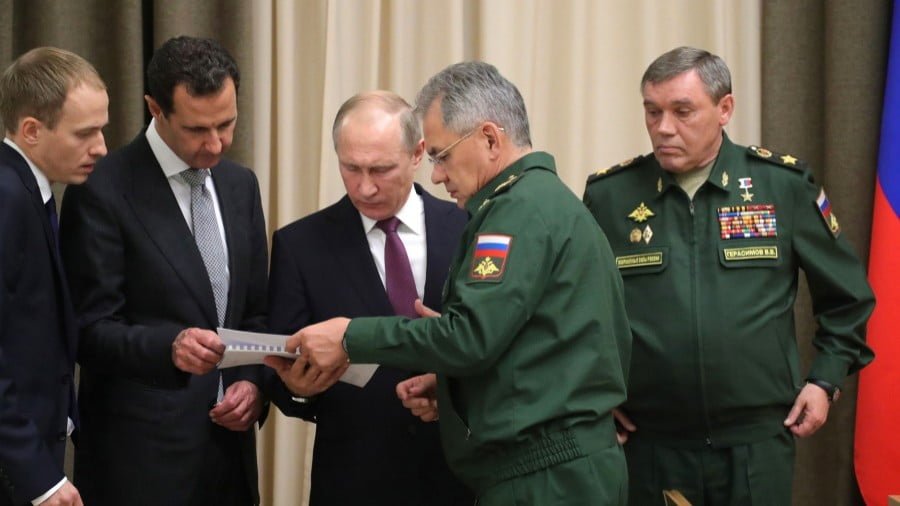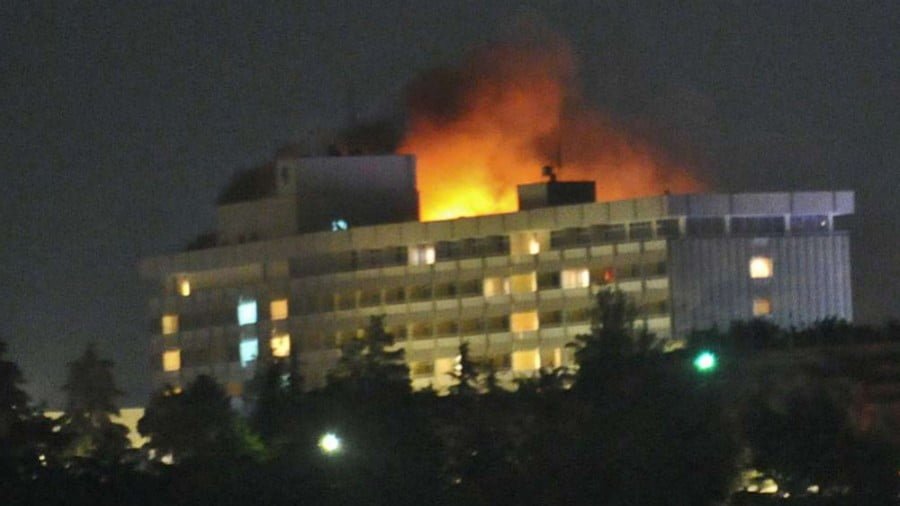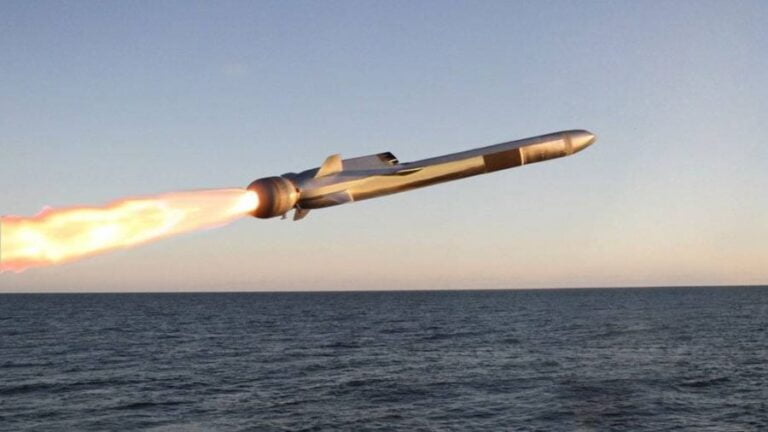President Putin Is Syria’s Savior, But Don’t Go “Worshipping” Him!
President Putin’s decision to military involve his country in the anti-terrorist struggle in Syria saved the Arab Republic from its assured destruction irrespective of the criticisms that can be levelled against it throughout the course of this campaign, but sincere appreciation for the Russian leader’s decision (especially from foreigners) shouldn’t ever go overboard into the realm of cultish “worship” and the cultivation of unrealistically high hopes that are bound to always end with disappointment.
The Alt-Media Civil War
Last week’s Putin-Netanyahu Summit in Moscow during Victory Day and Russia’s subsequent announcement that it won’t be dispatching S-300 anti-air defense systems to Syria (a decision that it claims was made independently before these high-level talks) have caused a major rift in the Alt-Media Community, with many people – especially those from the Mideast and the West – hysterically alleging that Russia “sold out” and was never in Syria for the “right reasons” to begin with. This demagogic narrative attempts to capitalize on the disappointment that a lot of people felt after hearing this news and following the unrealistically high hopes that they had come to have for the Russian leader, particularly in terms of their assumption that he would always be on the polar opposite side of the US and its allies.
The reality is that Russia has morphed its decisive anti-terrorist military intervention into a game-changing diplomatic “balancing” act that’s forever transformed Mideast geopolitics, but the many nuances of this strategy hadn’t been effectively enough conveyed to the regional masses and therefore partially led to the false expectations and widespread uncertainty that people are experiencing right now. Regrettably, the virtual pitchfork-wielding denizens of Alt-Media, in a state of veritable shock after their community’s dogma was defied by the very figure that so many of them “worship” (which is one of their key dogmas in and of itself), have proven the age-old adage that “there’s a thin line between love and hate” by turning on the same country and its leader that they had previously “deified”. Baseless accusations are now swirling around that Russia, and President Putin specifically, have “betrayed” Syria, which is totally untrue.
Debunking The Doubts
Far from “betraying” the country, he literally saved it by agreeing to the request that was made by Syria’s democratically elected and legitimate government to involve the Russian Aerospace Forces in the world’s most effective anti-terrorist operation. Since then, there’s been an unceasing effort to call this fact into doubt, with “revisionists” now insisting that Syria would have survived Daesh’s onslaught without Russian support, and that Moscow’s assistance came “too little, too late” to make a difference anyhow. This latter claim is a popular one among these same cynical circles, but regardless of how “convincing” this particular point of criticism might seem, it doesn’t negate the country-saving outcome of Russia’s anti-terrorist intervention when it “finally” occurred in September 2015. That’s not all though, because there are some widespread “follow-up” narratives that are associated with this debunked one as well.
Another seed of doubt that some forces have tried to plant about Russia is that its outreaches to the “opposition” – which refers to armed groups that have agreed to enter into the ceasefire regime and adhere to the so-called “de-escalation zones” – is unbecoming of an “ally”, but this attempt overlooks that Damascus itself has cut many deals with most of these very same forces, even if they were only short-term tactical ones related to the immediate battle at hand or dealt with a general amnesty. Unlike Syria’s Iranian partner, Russia has no intentions to invest the amount of money and on-the-ground personnel that it would take to help Damascus achieve a “total victory”, settling instead on the more “pragmatic solution” (from Moscow’s perspective) of a multisided “political compromise” for bringing about an end to the war, which is the essence of its “balancing” strategy.
From Man To “God”
This realpolitik approach to the Hyper-Realist “19th-Century Great Power Chessboard” on which contemporary geopolitics is being decided might be “sobering” for some who saw in President Putin all their hopes and desires for a “perfect world” free from everything that they dislike, but the resultant disappointment that accompanies this real-life realization speaks to the “political immaturity” of those who never held any serious foundational understanding of International Relations and instead succumbed to the “cult of the savior”. Just because President Putin saved Syria from destruction doesn’t mean that he deserves to be “deified”, as he’s only a human being just like everyone else, albeit a powerful one. That said, it’s understandable why the desperate masses all across the world would yearn so bad for someone to save them from their misery that they’d end up seeing their “savior” in President Putin.
There’s no shame in having high expectations about any person or country, but it becomes ridiculous when the aforesaid are all but “worshipped” as “infallible”, “selfless” entities when nothing in the world is like that. Somehow that’s exactly what happened over the years with President Putin, though, with countless people (mostly non-Russians) imaging him to be a modern-day “god” when he’s really just an effective delegator of important tasks with a solid understanding of challenging situations, That’s not at all to take away from the profound respect that he rightly deserves for his many accomplishments in Russia and around the world, but just to say that President Putin isn’t anything like the “second Jesus” that his “worshippers’” many memes deceptively portray him as being. “Putin Worship” isn’t only an annoyance, but it’s actually turning into a serious soft power danger for Russia, too.
Turning Love Into Hate
Like it was written earlier, “there’s a thin line between love and hate”, and many of the same people who just last week were prostrating before their computers by sharing countless memes of their “god” are now loudly denouncing him as a “false prophet” and veering into veritably “anti-Russian” territory with their remarks. Yes, it’s “politically inconvenient” that the man responsible for saving the anti-Zionist government in Syria is also on exceptionally friendly terms with Damascus’ “Israeli” enemies, but such is the complicated nature of geopolitics, especially when it comes to Russia’s “balancing” strategy. That does not mean, however, that Russia is “anti-Syrian” or “never was sincere in its desire to save Syria”. To the contrary, precisely because of President Putin’s understanding of this challenging situation, he knew that the only way to ensure Syria’s survival would be in getting “Israel” to begrudgingly accept President Assad’s continued leadership, which he did.
That wouldn’t have been possible had it not been for this very same “balancing” strategy that’s now being presented as “evidence” of Russia’s “betrayal”, but the ideologues need to accept that “it takes two to tango” and there’s no such thing as a “one-sided compromise”. As a quid-pro-quo for getting “Israel” to uncharacteristically back down from its seven-year-long regime change operation, it’s expected that Syria will work to provide Iran and its Hezbollah allies with a “dignified” pretext to begin their “phased withdrawal” from the Arab Republic, or at the very least remain outside of the Tel Aviv’s de-facto “sphere of influence” in the south of the country beyond the occupied Golan Heights. President Putin doesn’t believe in “maximalist” outcomes, hence why both “Israel” and Syria need to enact their own “compromises” as part of this Russian-mediated “balancing” strategy.
Concluding Thoughts
It shouldn’t be forgotten that the present Syrian government wouldn’t even still be in office had it not been for Russia’s 2015 anti-terrorist intervention that accomplished what the Syrian Arab Army (SAA) and its Iranian & Hezbollah allies couldn’t do on their own for four years up until that point, which is defeat terrorism in the country and prevent it from being used as a regime change instrument by foreign powers. The three aforesaid Mideast allies fought bravely and to the best of their ability, but they lacked the technological prowess that Russia brought to the equation by unleashing its world-class Aerospace Forces on Daesh and suddenly changing the entire state of affairs. Had it not been for President Putin’s decision to agree to his Syrian counterpart’s request, Syria would have been destroyed because the US and its allies (which at that time included Turkey) were preparing to “go in for the kill” by providing maximum support to their proxy forces.
Irrespective of how one feels about the most popular criticisms coming from the Alt-Media Community concerning the specifics of Russia’s anti-terrorist campaign and its subsequent “balancing” strategy to advance a “political solution” to the crisis, none of that takes away from the indisputable reality that President Putin is the country’s savior, but paying profound respect to him for this shouldn’t ever get to the point of cultishly “worshipping” him as the “world’s savior”. The elevation of President Putin to a modern-day “deity” in the eyes of Alt-Media dogma is highly dangerous in the soft power sense because it inevitably leads to the cultivation of unrealistically high hopes that this human being can’t ever expect to satisfy, prompting some degree of deep disappointment with time that could transform love into hate and be exploited by a third party’s infowar operations in order to turn “Russophiles” into actual Russophobes.
Unfortunately, the dynamic events of the past week week – “Israel’s” two bombings of Syria, the Putin-Netanyahu Summit, and Moscow’s decision to not provide S-300s to Syria – triggered many in the Alt-Media Community to react with uncontrollable emotions after some of their most “sacred beliefs” were proven to be false, but instead of questioning why their “thought leaders” misled them into believing something that was ultimately untrue (and to which they were never publicly held to account for afterwards), the masses took the “easy route” of attributing all the blame for this solely on President Putin, flipping in an instant from “proselytizing” the “Putin Worship” “faith” to angrily denouncing their one-time “god” as a “false prophet” and urging others to do the same. When it comes down to it, this entire debacle is largely attributable to the tendency (key word) for “ideological extremism” that’s associated with Alt-Media’s “activist” origins blinding many of its followers to the amoral reality of International Relations that a surprising number of people have yet to accept.







